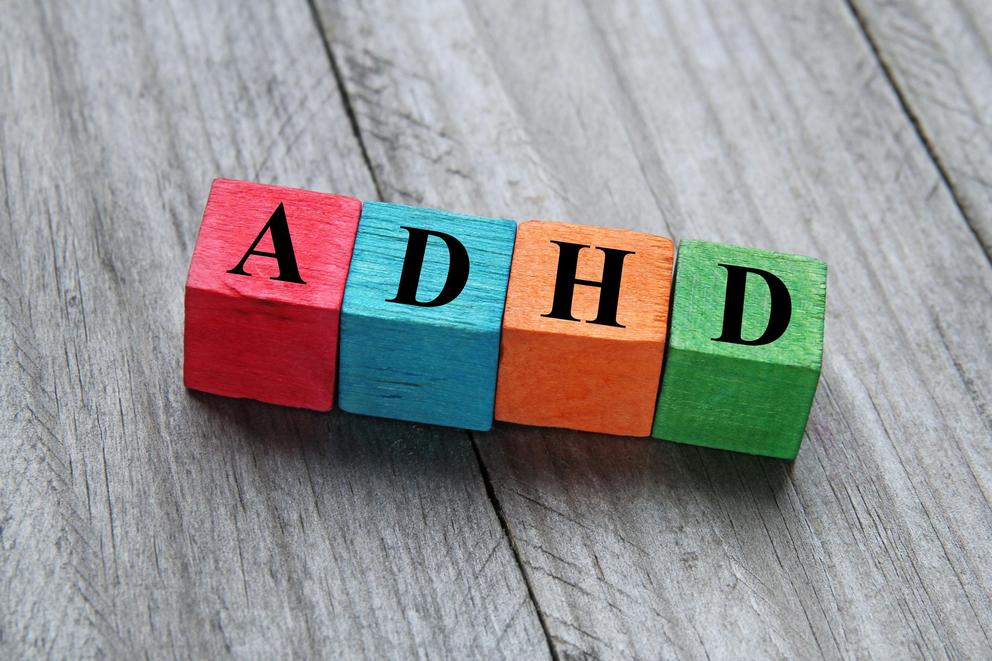Top ADHD drug may cause hallucinations and other psychotic symptoms
Dear readers – a new scientific article was recently released demonstrating that mental health symptoms are a side effect of one of most popular ADHD drugs. Methylphendidate often goes under the trade name, Ritalin. Concerta, methylin, and Daytrana (patch) are some other names. Whether you take this drug or not, this is important info to know!
If this article isn’t enough to show a possible link between hallucinations/psychotic symptoms from methylphendidate, you can see right on drugs.com that “signs of psychosis such as hallucinations (seeing or hearing things that are not real), new behavior problems, aggression, hostility, paranoia” are listed as possible side effects.
As someone who was formerly diagnosed with ADHD multiple times, I was actually surprised to see those side effects listed. I didn’t take Ritalin for long because the physical side effects were way too much to handle (heart racing, palpitations, never-ending insomnia, no appetite). I don’t believe I’d qualify for ADHD anymore since pursuing natural health, energy healing and my own brand of productivity. Ritalin typically carries a safe perception due to its longevity in the pharma world and people can abruptly stop taking it or take as needed (under doctor’s direction), but along with its potential heart side effects, a percentage of people taking it may experience psychotic symptoms and both patient and doctor may fail to make the correlation.
The side effects below should always be taken into account if starting a young person on a high-powered drug since those types of side effects could result in disciplinary action from parents, teachers and peers, as well as psychiatric intervention. But this is not common knowledge! – Heather Callaghan
via Exeley Inc.,
In the scientific article recently published in Scandinavian Journal of Child and Adolescent Psychiatry and Psychology, Erica Ramstad and others reviewed the existing evidence between various psychotic symptoms such as hallucinations, problems with concentration or anxiety with methylphenidate, a drug commonly prescribed as a treatment for attention deficit hyperactivity disorder (ADHD) and narcolepsy.
Methylphenidate is a stimulant that increases the activity of the central nervous system, helps to combat fatigue, improves attention and maintains alertness. Its medial use medical use began in 1960 and continues to grow since, reaching global consumption of 2.4 billion doses in 2013. Clinical studies confirmed safety and effectiveness of the drug and proved that its long-term usage reduces abnormalities in brain structure and function usually associated with ADHD syndrome.
Currently around around 5.3% children and adolescents worldwide suffer from ADHD condition. Psychostimulants, including methylphenidate, are first-choice drug treatment. Ramstad and others examined whether methylphenidate increases the risk of psychotic symptoms in children and adolescents affected with the illness. Although the amount and quality of existing data did not allow them to draw any strong conclusions, their research suggests that possible adverse symptoms may affect around 1.1% to 2.5% of ADHD patients treated with methylphenidate.
The article and its findings are of great importance for patients, physicians and caregivers who should be aware of possible adverse effects of the drug. In case of appearance of psychotic symptoms during the methylphenidate medication, clinicians should be able to address the problem, reduce or stop stimulant medication and ensure proper treatment.
The original article is fully available for reading at: https://www.exeley.com/sj_child_adolescent_psychiatry_psychology/doi/10.21307/sjcapp-2018-003
DOI: 10.21307/sjcapp-2018-003
DISCLAIMER: This article is not intended to provide medical advice, diagnosis or treatment.

